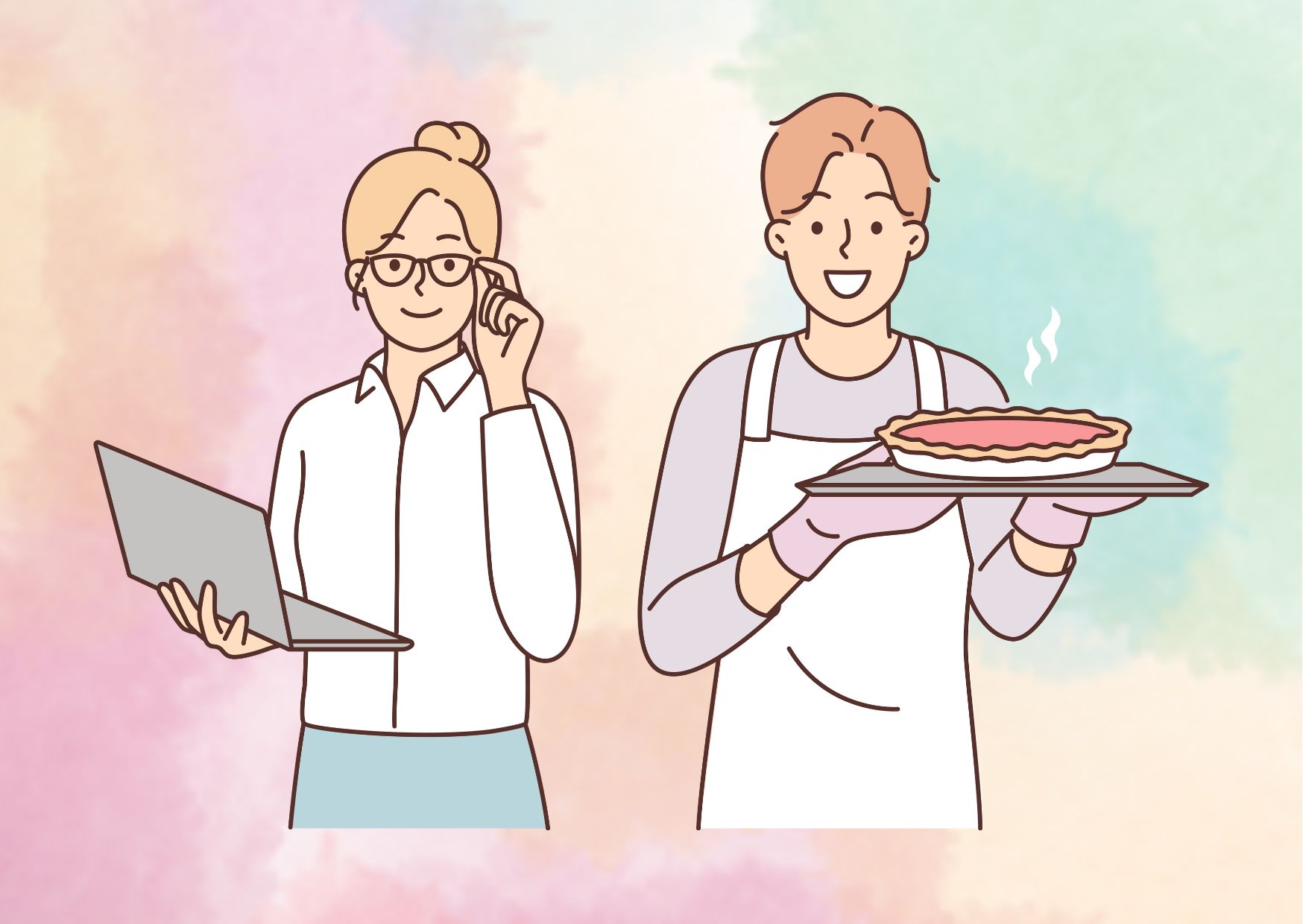Understanding Gender Roles Theory: A Comprehensive Guide
Gender roles have long been a topic of interest in social psychology, as they shape the behaviors and identities of individuals within society. Gender role theory, proposed by Eagly in 1987, offers valuable insights into how our behaviors and identities are shaped by the roles we perform in society. In this comprehensive guide, we will explore the origins of gender roles, the reasons for their existence, the stereotypes associated with them, and the future of gender roles in a rapidly evolving society.
Table of Contents
- Introduction to Gender Role Theory
- The Origins of Gender Roles
- Cultural and Societal Influence on Gender Roles
- Stereotypes and Gender Roles
- Evolution of Gender Roles: Past and Present
- Modern Gender Roles and Challenges
- The Impact of Gender Roles on Relationships
- Overcoming Gender Role Expectations in Relationships
- Seeking Support: Couples Counseling and Online Therapy
- Gender Roles in the Workplace
- The Future of Gender Roles
- Conclusion
1. Introduction to Gender Roles Theory
Gender role theory is a social psychological framework that seeks to understand the differences and similarities in social behaviors between men and women. According to this theory, these differences and similarities primarily arise from the distribution of men and women into social roles within their society. Social roles are the positions individuals occupy in society, such as being a parent, a worker, or a partner. Through socialization and the formation of gender roles, the behaviors of men and women generally support and sustain the division of labor.
2. The Origins of Gender Roles
The origins of gender roles can be traced back to early human societies, where survival and reproduction relied on the division of labor between men and women. In hunter-gatherer communities, men were typically responsible for hunting, while women took on the role of gathering and child-rearing. These roles were shaped by biological differences and the need for efficient resource allocation. Over time, these roles became deeply ingrained in social norms and cultural expectations.
3. Cultural and Societal Influence on Gender Roles
Cultural and societal factors play a crucial role in shaping gender roles. Different cultures have varying beliefs and expectations regarding the roles and behaviors of men and women. These beliefs are often reinforced through socialization, where individuals learn and internalize the norms and values of their society. For example, in some cultures, women are expected to prioritize their domestic responsibilities, while men are expected to be the primary breadwinners. These cultural norms can perpetuate gender inequalities and restrict individuals’ choices and opportunities.
4. Stereotypes and Gender Roles
Stereotypes about gender roles are prevalent in society and can have a significant impact on individuals’ behaviors and identities. These stereotypes are often based on generalizations and assumptions about the characteristics, abilities, and interests of men and women. For example, the stereotype that women are more nurturing and emotional can lead to societal expectations that women should take on caregiving roles. On the other hand, the stereotype that men are assertive and strong may lead to the expectation that men should pursue careers that require these traits, such as leadership positions.
